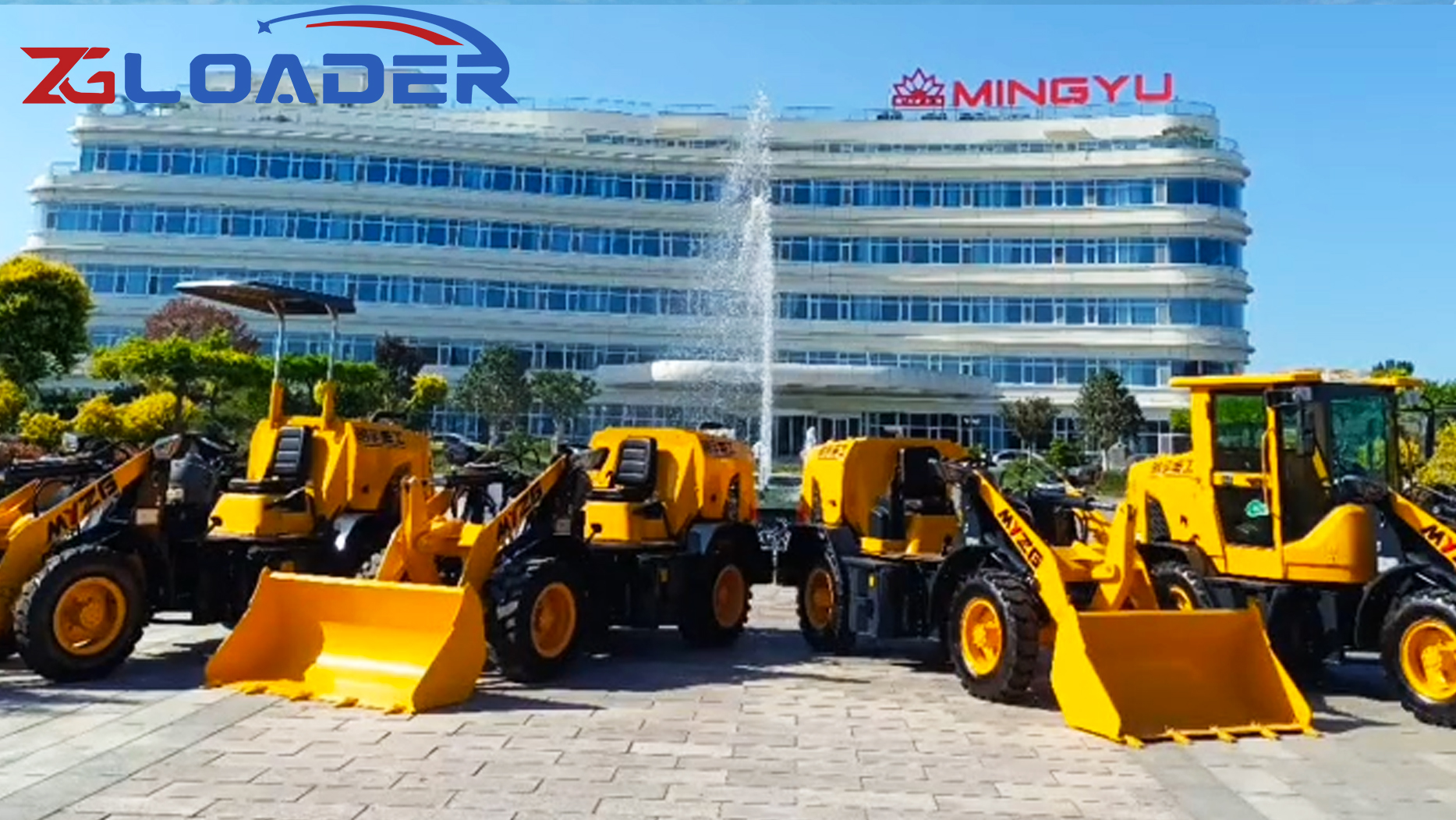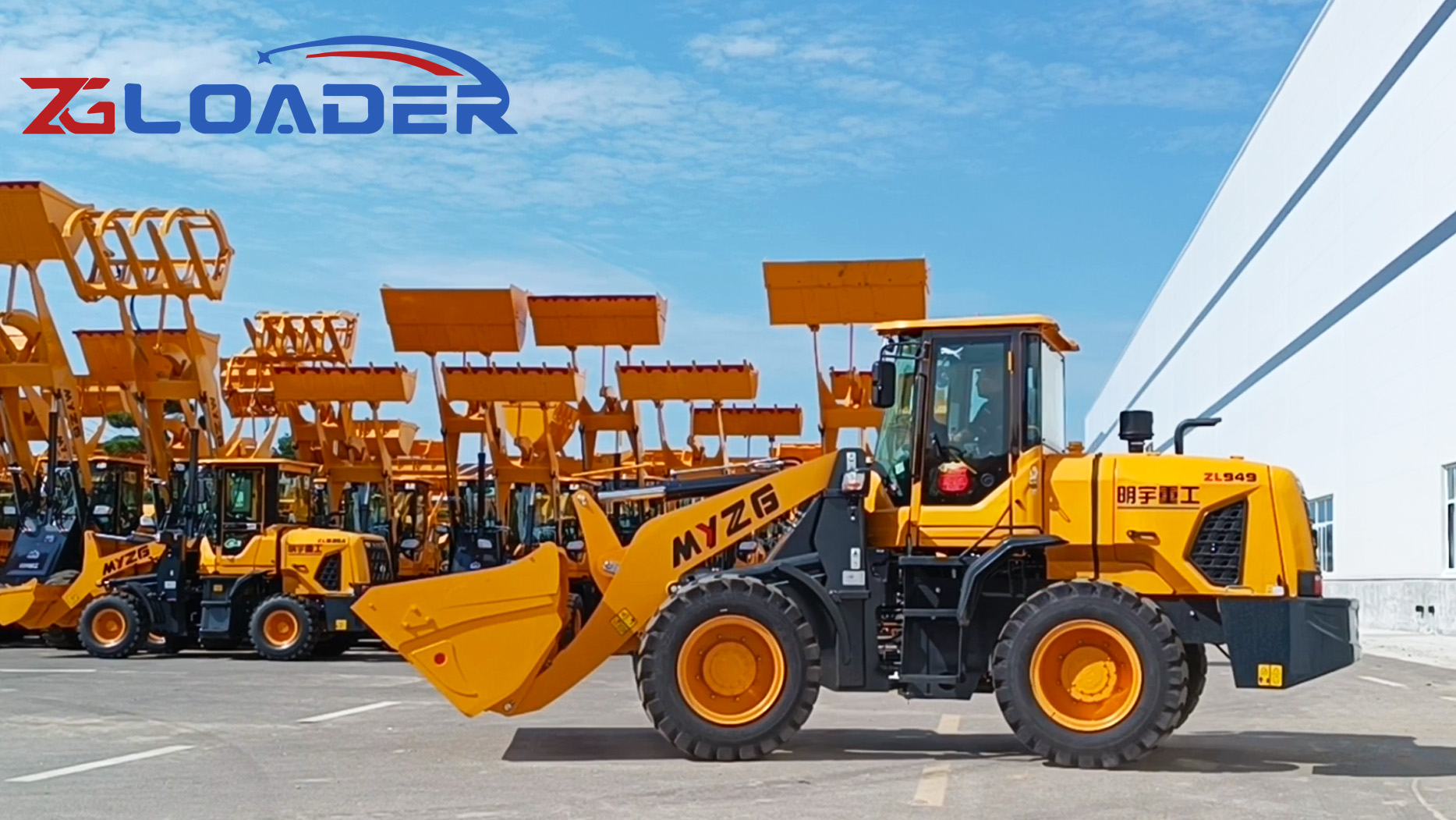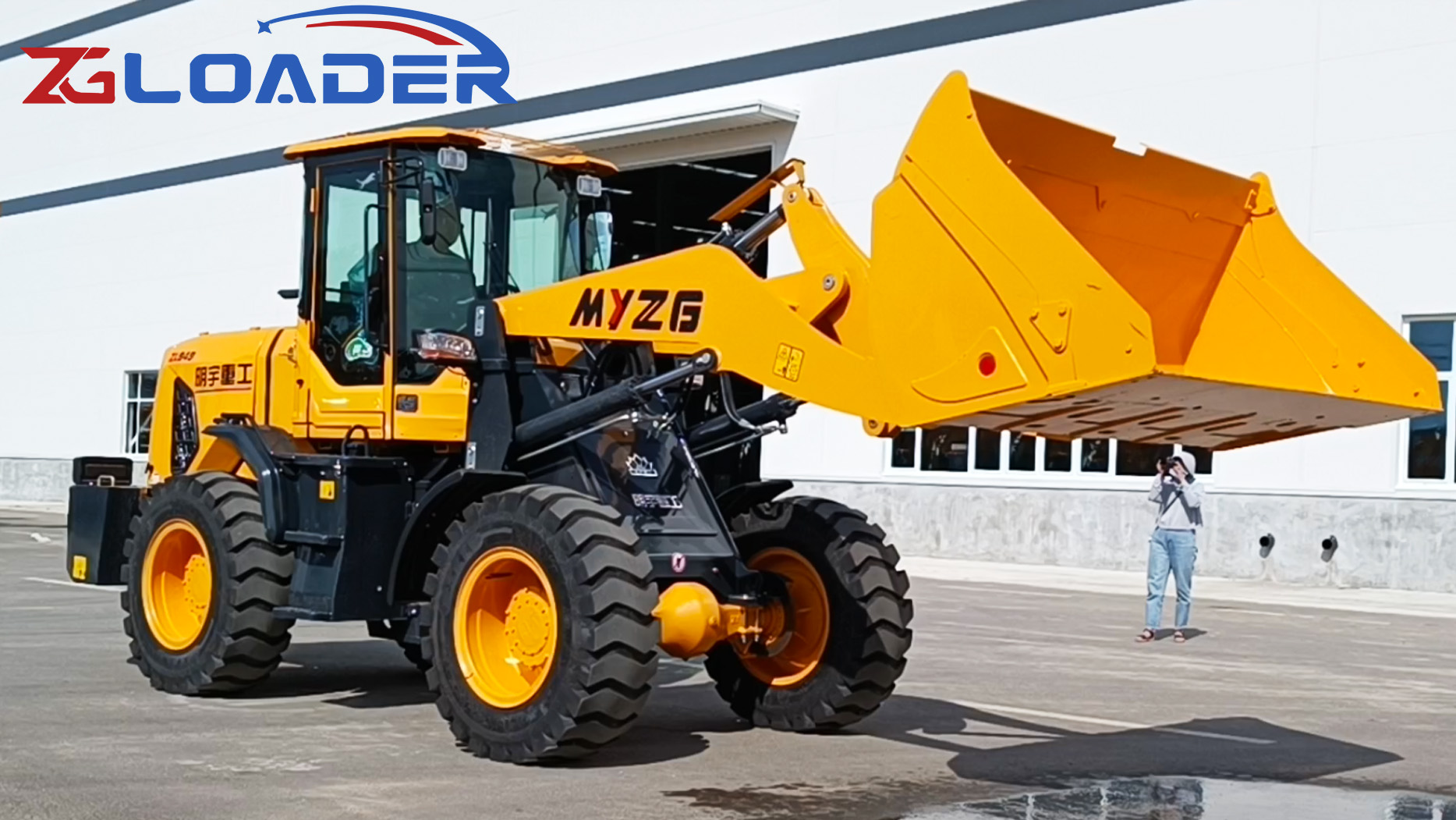The question of whether a Commercial Driver's License (CDL) is required to operate a wheel loader hinges on several factors, primarily its intended use and the specific regulations of the jurisdiction where it will be operated.
Understanding the CDL Requirement:
The Federal Motor Carrier Safety Administration (FMCSA) defines a Commercial Motor Vehicle (CMV) as any single vehicle with a Gross Vehicle Weight Rating (GVWR) of 26,001 pounds or more, or any vehicle towing a vehicle with a GVWR of 10,001 pounds or more.
Key Factors Determining CDL Necessity:
GVWR of the Wheel Loader: If the wheel loader's GVWR exceeds 26,001 pounds, a CDL is generally required to operate it on public roads.
Use on Public Roads: The primary factor. If the wheel loader is primarily used on construction sites or private property and rarely, if ever, travels on public roads, a CDL may not be necessary.
State and Local Regulations: Individual states may have specific regulations regarding the operation of heavy equipment, including wheel loaders. Some states may require a CDL for any vehicle exceeding a certain weight limit, regardless of road use.
Employer Requirements: Even if not legally required, some employers may mandate a CDL for their heavy equipment operators, regardless of the vehicle's size or intended use.
Circumstances Where a CDL Might Be Required:
Transporting the Wheel Loader on Public Roads: If the wheel loader is transported on a trailer pulled by a truck, a CDL may be required for the truck driver, even if the wheel loader itself doesn't require a CDL for operation.
Operating the Wheel Loader on Public Roads for Extended Periods: While occasional road travel may not necessitate a CDL, frequent or extended use on public roads could trigger the requirement.
Hauling Materials on Public Roads: If the wheel loader is used to transport materials (like gravel or dirt) on public roads, it may be considered a CMV and require a CDL.
Circumstances Where a CDL Might Not Be Required:
Operating the Wheel Loader Exclusively on Private Property: If the wheel loader is used solely on a construction site, farm, or other private property and never travels on public roads, a CDL is typically not required.
Operating a Smaller Wheel Loader: If the wheel loader has a GVWR below 26,001 pounds, a CDL is generally not required.Usually small loader models are 1ton(B30), 1.6ton(ZL928Z), 2ton(ZL938F), 2.5ton(ZL946), 3ton(ZL950)
Meeting State-Specific Exemptions: Some states may have exemptions to the CDL requirement for certain types of heavy equipment or for specific operational circumstances.
Importance of Consulting with Relevant Authorities:
To ensure compliance with all applicable regulations, it is crucial to consult with the following resources:
The FMCSA website: Provides comprehensive information on CDL requirements, including state-specific regulations.
Your state's Department of Motor Vehicles (DMV): Can provide specific guidance on CDL requirements for your state.
Your employer: Inquire about their specific requirements for heavy equipment operators.
Legal counsel: Consult with an attorney specializing in transportation law for expert advice on CDL requirements and any potential legal implications.
Consequences of Operating Without a Required CDL:
Operating a CMV without a valid CDL can result in serious consequences, including:
Fines: Significant fines may be imposed for operating a CMV without a CDL.
License Suspension or Revocation: Your driver's license may be suspended or revoked.
Jail Time: In some cases, operating a CMV without a CDL may result in jail time.
Loss of Employment: Employers may terminate employment for operating a vehicle without the required licenses.
Insurance Issues: Operating without a CDL may invalidate insurance coverage, leaving you personally liable for any accidents or damages.
Best Practices:
Obtain a CDL if required: If your job duties or the nature of your work necessitate a CDL, obtain one promptly and ensure it remains valid.
Understand and comply with all applicable regulations: Stay informed about the latest CDL requirements and ensure your operations comply with all relevant laws and regulations.
Prioritize safety: Always operate heavy equipment safely and responsibly, regardless of whether a CDL is required.
Maintain proper documentation: Keep accurate records of your driving history and any necessary certifications or licenses.
Post time:Dec.27.2024



